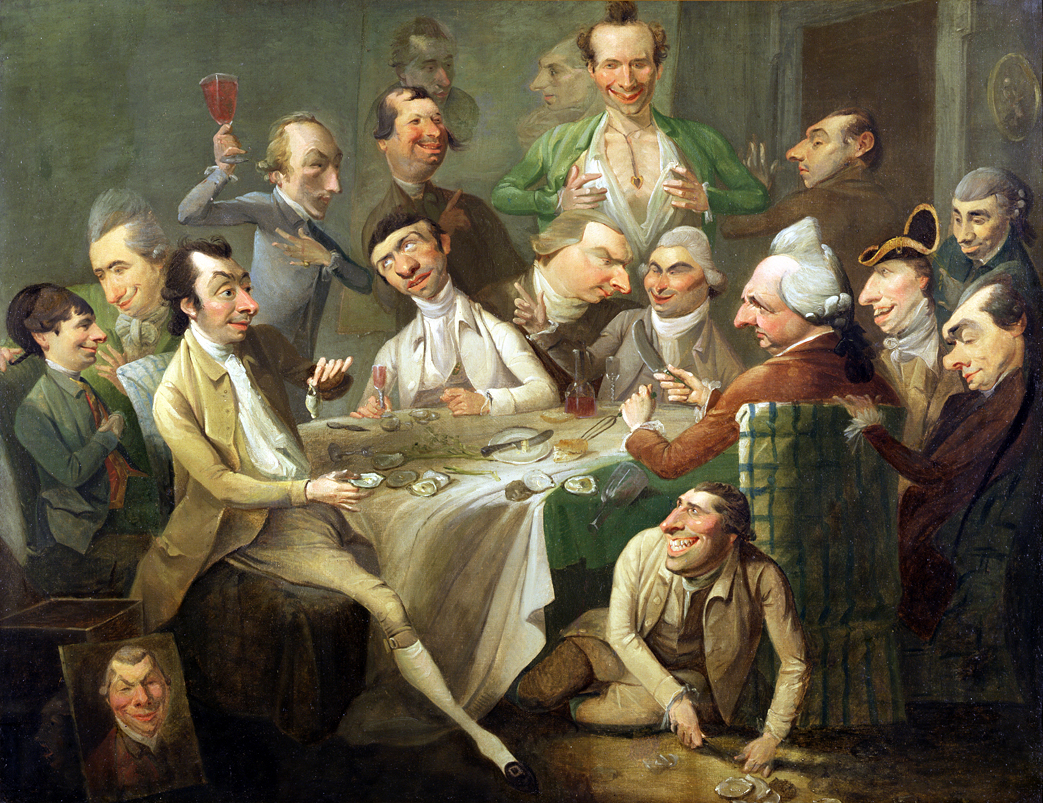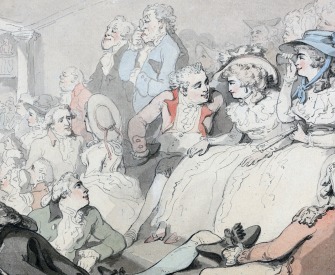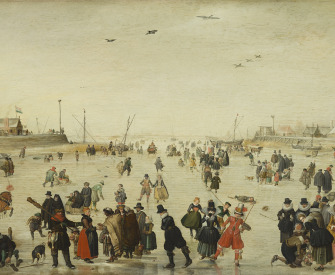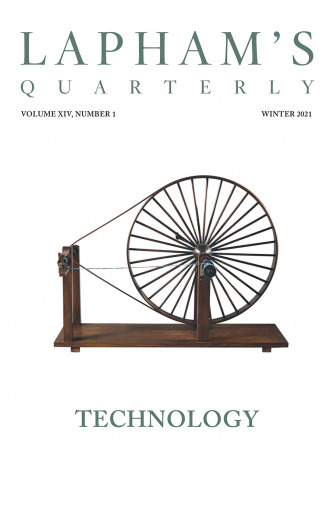Chapter XV
We endeavor to point out that the obstreperous and meaningless habit of laughing is, if not the entire cause, at least one of the principal causes of the existence and continuance of the follies, frivolities, mischiefs, and lewd conversations which are now so rampant in every class of society, and which sink it so low in the moral scale.
The actors of all practical jokes, the authors of every species of mischief, the retailers of low, vulgar, and obscene anecdotes, together with utterers of scandal, are all instigated by the very contemptible ambition of raising a laugh, a giggle, or a smirk at someone’s expense.
These miserable mongers of foul talk and these vulgar performers of practical jokes exhibit their absurd antics and retail their obscene anecdotes for the express purpose of exciting laughter, which they expect and look for as a gratification and reward for their ingenuity, dexterity, or wit.
This being the case, we may safely conclude that if follies, vulgarities, and absurdities were never laughed at, but were listened to in silence and treated with the contempt which they really deserve, they would soon cease to be practiced.
Who would transform themselves into monkeys, or magpies, or buffoons (as thousands are in the habit of doing), if their unmeaning absurdities were visited with silence and contempt? Who would continue to indulge in gibes and mocks and ribaldry, or shameless conversation, if they were received with a frown or a rebuke?
All these abominations and annoyances are continued—and actually expand and increase—precisely because they are incessantly laughed at. Not only are absurdities and follies and mischiefs supported and perpetuated by being rewarded with a vulgar laugh, but very many vices and actual crimes are regarded by the volatile and unreflecting as capital jokes, and are greeted with a hearty burst of laughter.
Thomas Carlyle says that England contains twenty million people, mostly fools. We cannot help fully endorsing Carlyle’s estimate.
Chapter XX
Let us repeat the fact (which should be continually borne in mind by all those who maintain that laughter is consistent with propriety and decorum)—namely, that habitual laughers are silly, giddy, frivolous, superficial persons—that is to say, they are, in one expressive word—fools.

A Caricature Group, by John Hamilton Mortimer, c. 1766. Yale Center for British Art.
A second fact requires to be remembered—namely, that sensible and intelligent persons whose lives are occupied in the important duties of improving their minds, in being useful, and in doing good, and whose leisure hours are spent in rational, cheerful, and humanizing enjoyments—such persons (male or female) are rarely tempted to laugh; and many very excellent men and women never laugh under any possible circumstances. On the other hand, the worst of characters—the depraved, the dissipated, the criminal—are generally much addicted to uproarious mirth and laughter.
Moreover, all the innumerable words and actions which induce or compel people to laugh are invariably tainted with some degree of folly, vice, or crime—all of which, it must be at once acknowledged, are decidedly objectionable and should, therefore, as soon as possible be utterly swept away. An evident and most important corollary may be deduced from the latter proposition—namely, that the more these vices can be avoided and got rid of, the better it will be for the happiness of mankind. We may very safely conclude that the universal predominance of these qualities would be the total annihilation of laughter.
From The Philosophy of Laughter and Smiling. Elsewhere in this work, Vasey classified laughter according to five types: “1. The giggling laugh, excited by romping fun and nonsense; 2. The hearty laugh, instigated by practical jokes or extremely absurd antics; 3. The full-faced laugh of the weaker sex; 4. The boisterous laugh of the stronger sex; 5. The ne plus ultra laugh, which may be variously denominated as the obstreperous laugh—the vociferous laugh—the stentorian laugh—or the horse laugh.”
Back to Issue




